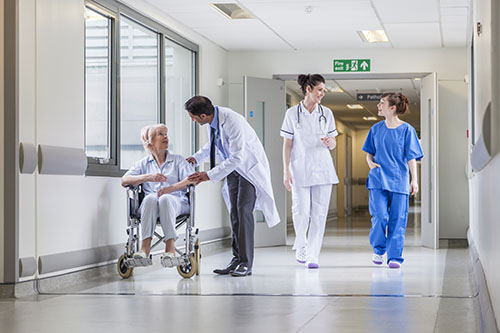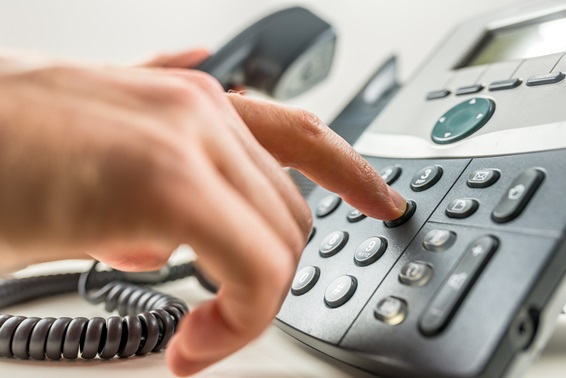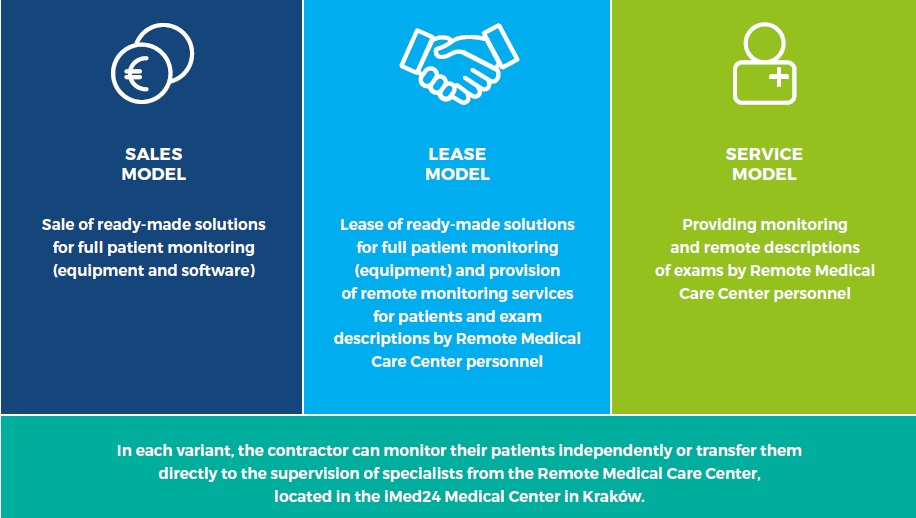With its portable ECG signal and breathing recorder, Remote Cardiac Care enables continuous monitoring of heart activity. Using integrated detection algorithms, the recorder identifies disorders in a patient’s heart rhythm. The relevant parts of the ECG record are transmitted to the Remote Medical Care Center and analyzed in detail. If any anomalies are identified, a paramedic, acting in accordance with a planned operational procedure, takes a detailed medical history and refers the patient to a remote consultation with a physician, discusses the case with an on-duty physician or, where there is a threat to the patient’s life or health, calls an ambulance. If the patient feels unwell, they can also initiate ECG data transmission to the Remote Medical Care Center.










